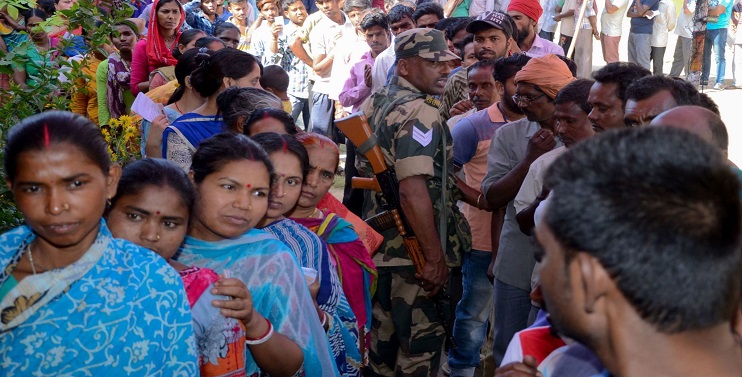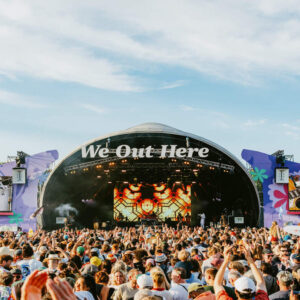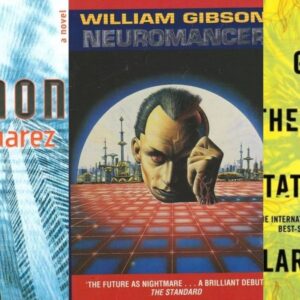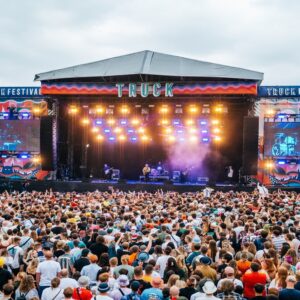Indians are voting in the seventh and final phase of national elections, wrapping up a gruelling six-week campaign. Narendra Modi’s Hindu nationalist party is seeking re-election for another five years. The areas voting on Sunday include the prime minister’s constituency of Varanasi, a holy Hindu city where he was elected in 2014 with an impressive margin of more than 200,000 votes. He spent Saturday night at Kedarnath, a temple of the Hindu god Shiva nestled in the Himalayas in northern India.
Nearly 100 million people were eligible to vote on Sunday in 59 constituencies across seven states – including politically-critical Uttar Pradesh in the north and West Bengal in the east. Up for grabs on Sunday were 13 seats in Punjab and an equal number in Uttar Pradesh, eight each in Bihar and Madhya Pradesh, nine in West Bengal, four in Himachal Pradesh and three in Jharkhand and Chandigarh.
While the election since 11 April has been largely peaceful, West Bengal in eastern India is an exception. Modi is challenged here by the state’s chief minister, Mamata Banerjee, who leads the more inclusive Trinamool Congress party and is hoping for a chance to go to New Delhi as the opposition’s candidate for prime minister. Minorities in India, especially Muslims, who comprise about 14% of India’s 1.3 billion people, criticise Modi’s agenda. His party has backed a bill that would make it easier to deport millions of Bangladeshis who have migrated to India from the Muslim-majority country since its independence in 1971. The bill, however, eases the path to citizenship for Hindus, Sikhs, Parsees and Jains – non-Muslims – who have come from Afghanistan, Bangladesh and Pakistan over decades.
Pre-election poll surveys by the media indicate that no party is likely to win anything close to a majority in parliament, which has 543 seats up for grabs. To stay in power, the BJP, which won a majority of 282 seats in 2014, may need to ally itself with some regional parties. A Congress-led government would require a major electoral upset.













